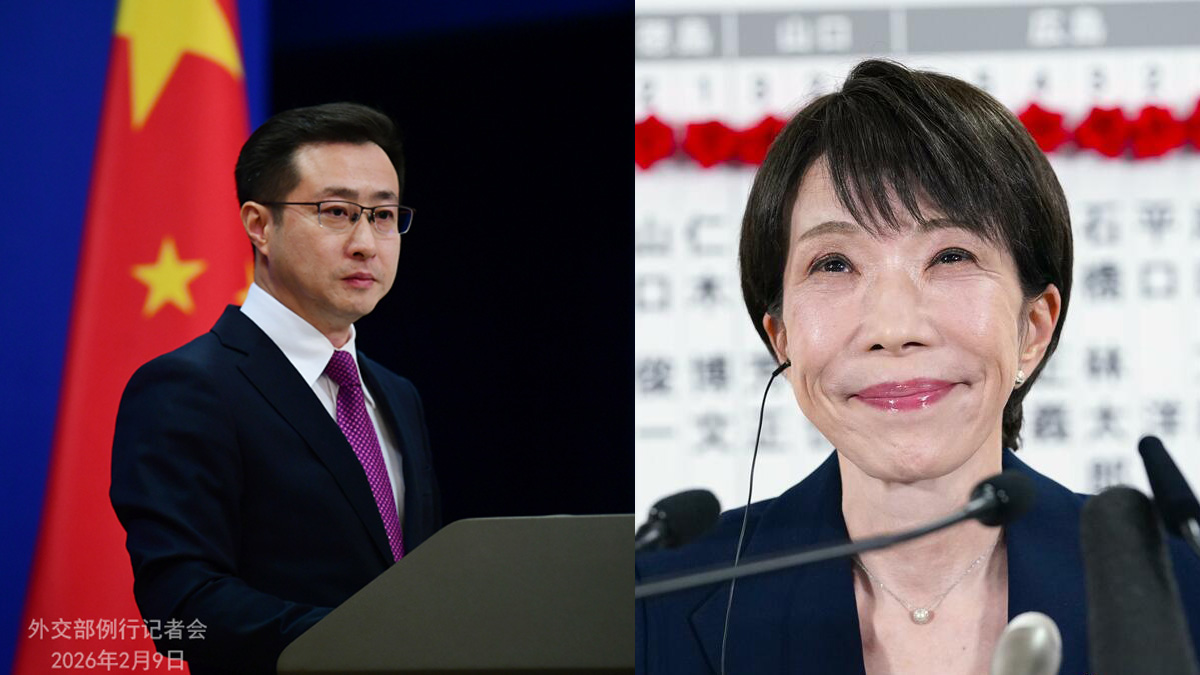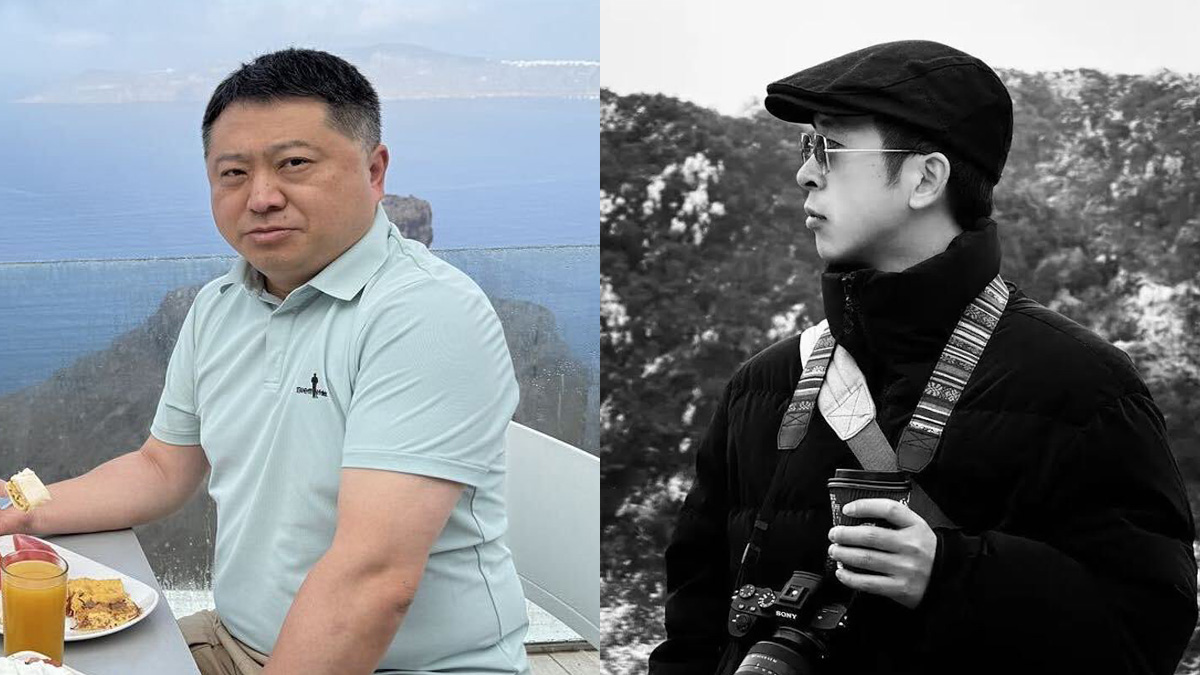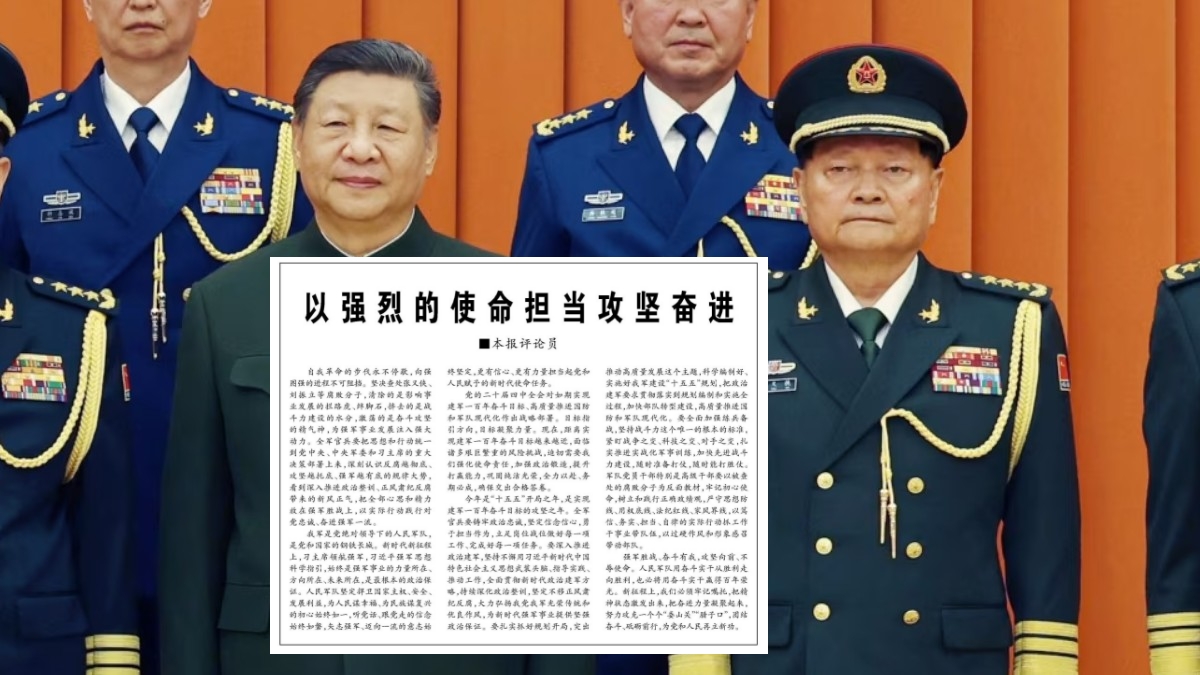Beijing sanctions Chengdu-born Japanese lawmaker Seki Hei, Tokyo calls move unacceptable
China imposed sanctions on Japanese lawmaker Seki Hei, freezing his assets and banning entry, citing his criticism of Beijing’s policies. Tokyo condemned the move as intimidation against free expression, while Seki dismissed the sanctions as meaningless and vowed to continue speaking out.
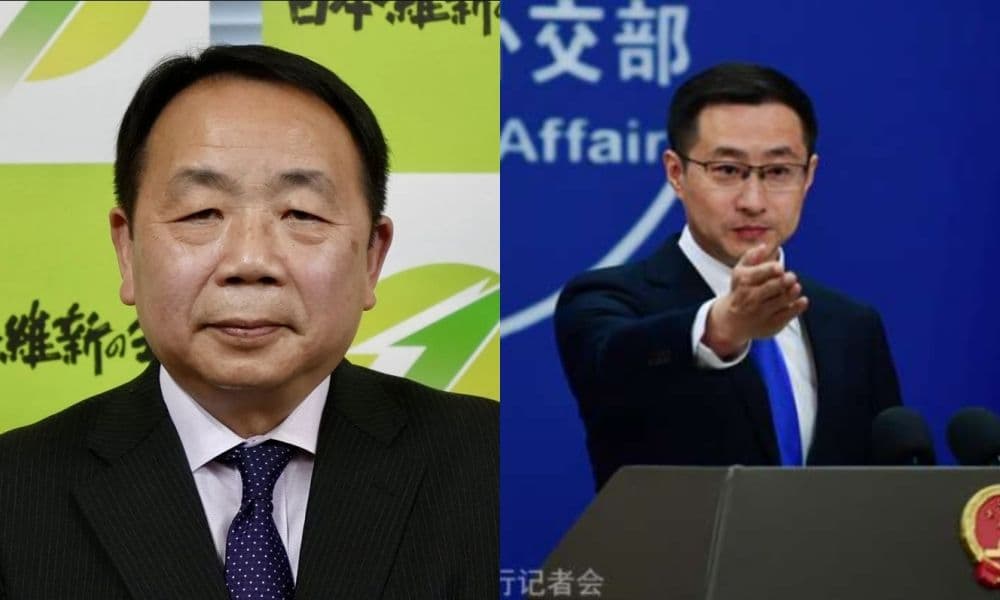
- China sanctioned Japanese lawmaker Seki Hei, freezing assets and imposing a travel ban.
- Tokyo condemned the move as intimidation and interference in democratic expression.
- Seki dismissed the sanctions as meaningless and vowed to maintain his outspoken stance on China.
TOKYO, JAPAN: China announced sanctions on 8 September 2025 against Japanese lawmaker Seki Hei, a Chengdu-born critic of the Chinese Communist Party, drawing a swift protest from Tokyo.
Beijing said Seki, also known by his Chinese name Shi Ping (石平), had “spread fallacies” on Taiwan, the Diaoyu/Senkaku Islands, history, Xinjiang, Tibet, and Hong Kong.
Foreign ministry spokesperson Lin Jian accused Seki of betraying his roots, colluding with anti-China forces, and interfering in China’s internal affairs.
He said the measures were a warning to others who take similar positions. The sanctions include freezing any property Seki may hold in China and banning Chinese organisations and individuals from transactions with him.
They also prohibit Seki and his family from entering mainland China, Hong Kong, and Macau. Tokyo condemned the decision.
Government spokesperson Yoshimasa Hayashi said the move “appears to intimidate those with differing views” and was “absolutely unacceptable”.
He stressed that lawmakers’ freedom of expression is fundamental to Japan’s democracy and called for Beijing to withdraw the measures. Seki, who won a seat in Japan’s upper house election in July under the Japan Innovation Party, dismissed the sanctions as ineffective.
Speaking to media, he said: “China’s sanctions over my remarks go against universal values and constitute interference in Japan’s internal affairs.”
On the social media platform X, the 63-year-old said he had “no assets in China or any intention of going there” and described Beijing’s action as “a mere farce”.
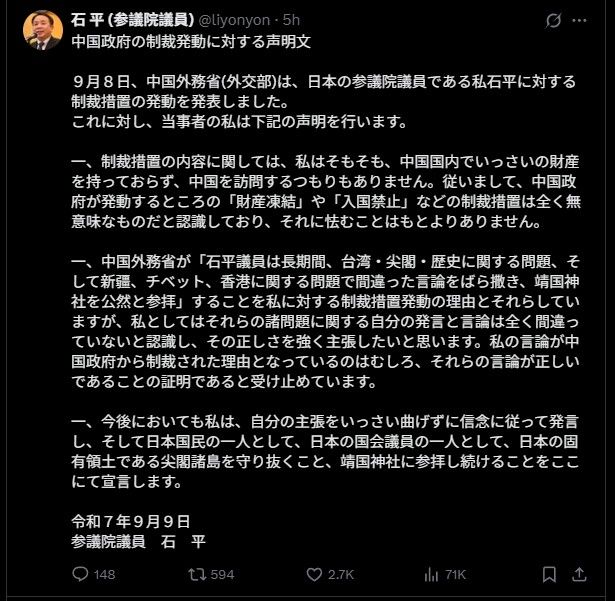
He added that asset freezes and entry bans were “completely meaningless” and did not intimidate him.
Seki was graduated with a degree in philosophy from Peking University. He moved to Japan in 1988 to study abroad.
Influenced by the 1989 Tiananmen Square incident, he spiritually “broke ties” with China, obtained Japanese citizenship in 2007.
He has written extensively on China, publishing books in Japanese critical of Beijing’s policies, and his campaign centred on national sovereignty, immigration, and China policy. Seki visited Taiwan in 2008 and was received by former President Lee Teng-hui, who praised his writings.
After his election, he immediately joined the Japan–Taiwan Parliamentary Friendship Association, Japan’s sole parliamentary liaison with Taiwan, advocating for stronger ties with the island.
In a further statement, Seki rejected Beijing’s claims and defended his positions.
He argued that speaking on issues such as Taiwan, the Senkaku Islands, and Japan’s wartime history was legitimate.
He also said his visits to the Yasukuni Shrine were his right as a parliamentarian.
“I hereby declare that I will continue to speak in accordance with my convictions without compromising my beliefs,” he said.
He pledged to protect Japan’s territorial claims over the Senkaku Islands and to continue his shrine visits.
The dispute adds strain to already fragile China–Japan ties, which have long been marked by historical grievances, territorial disputes, and strategic rivalry in East Asia.


